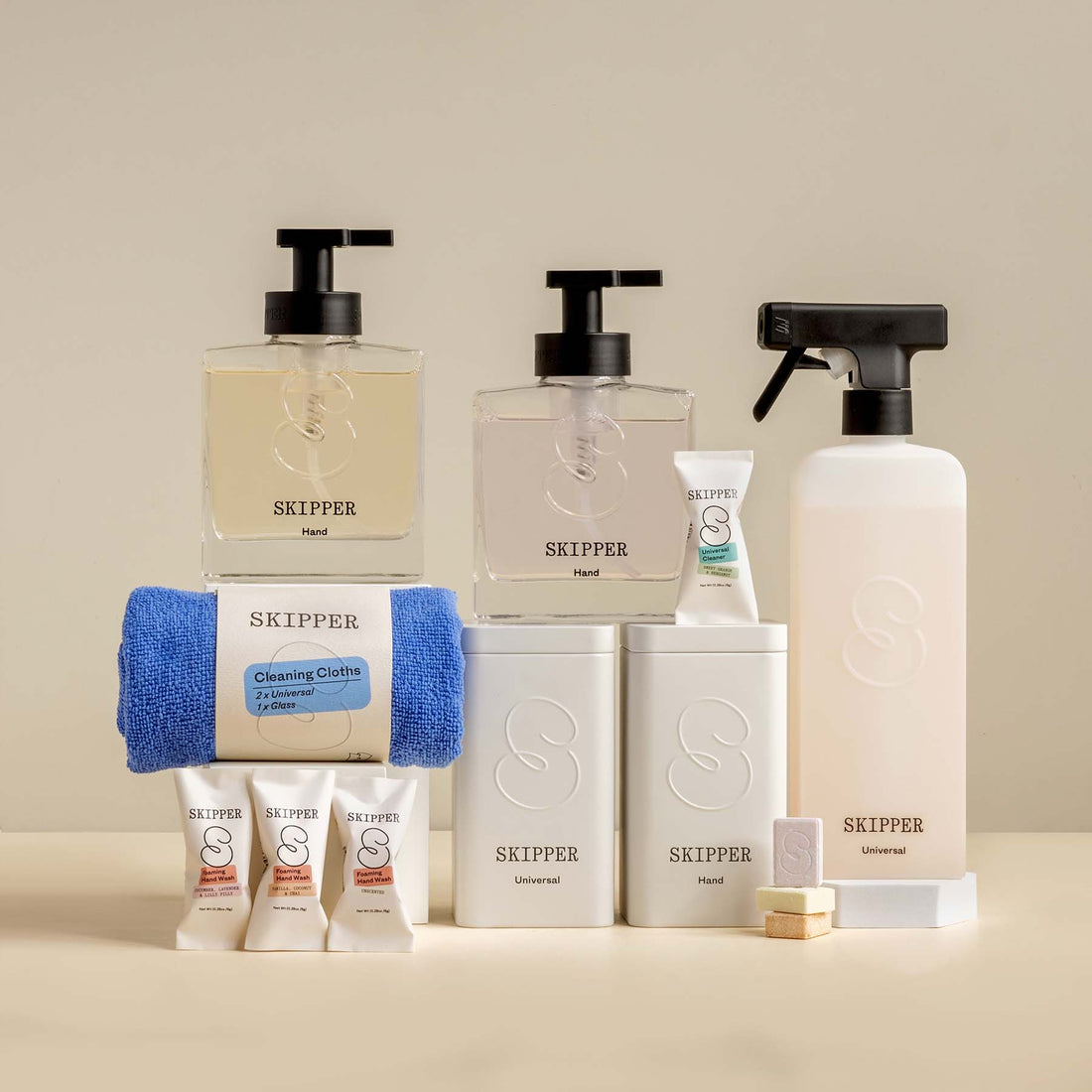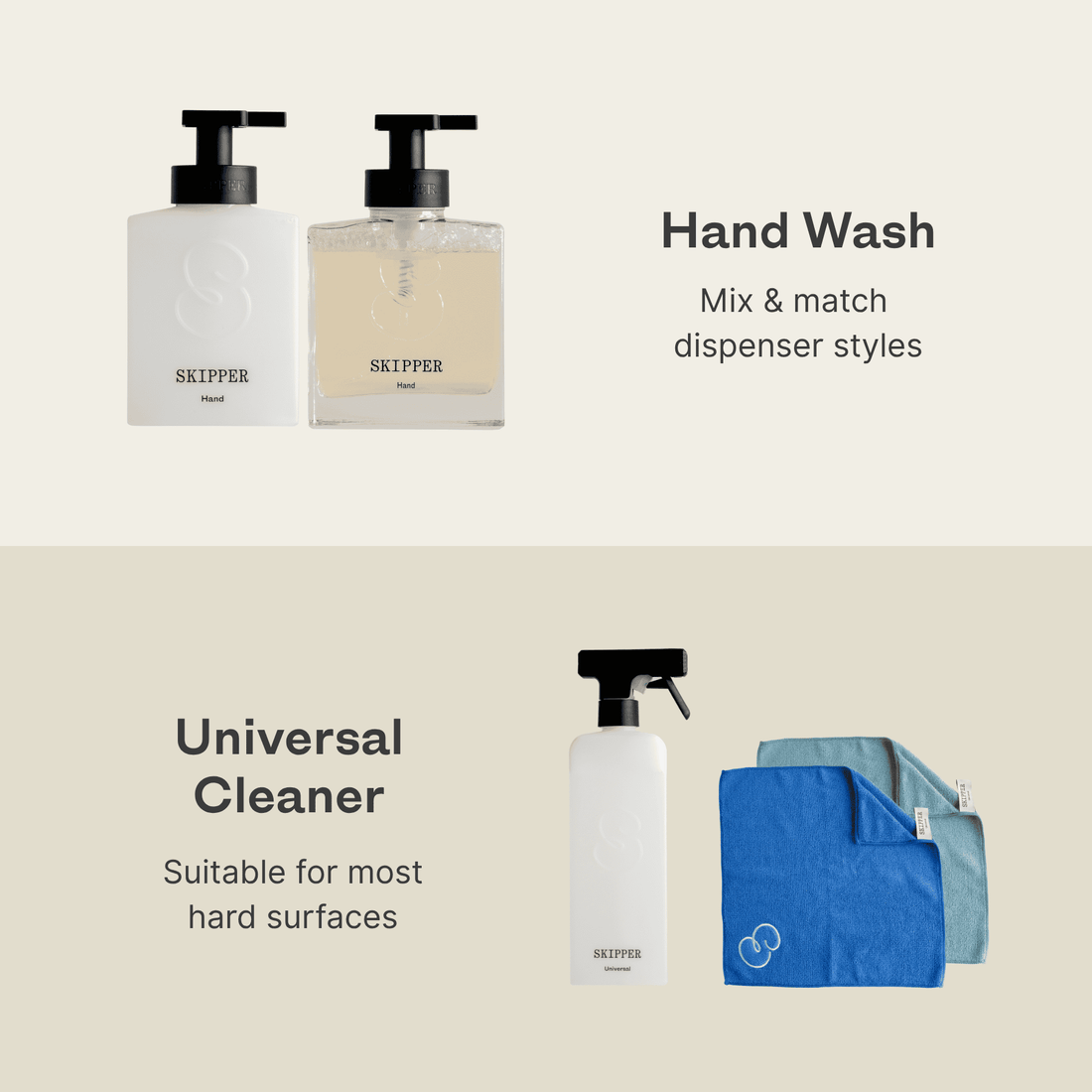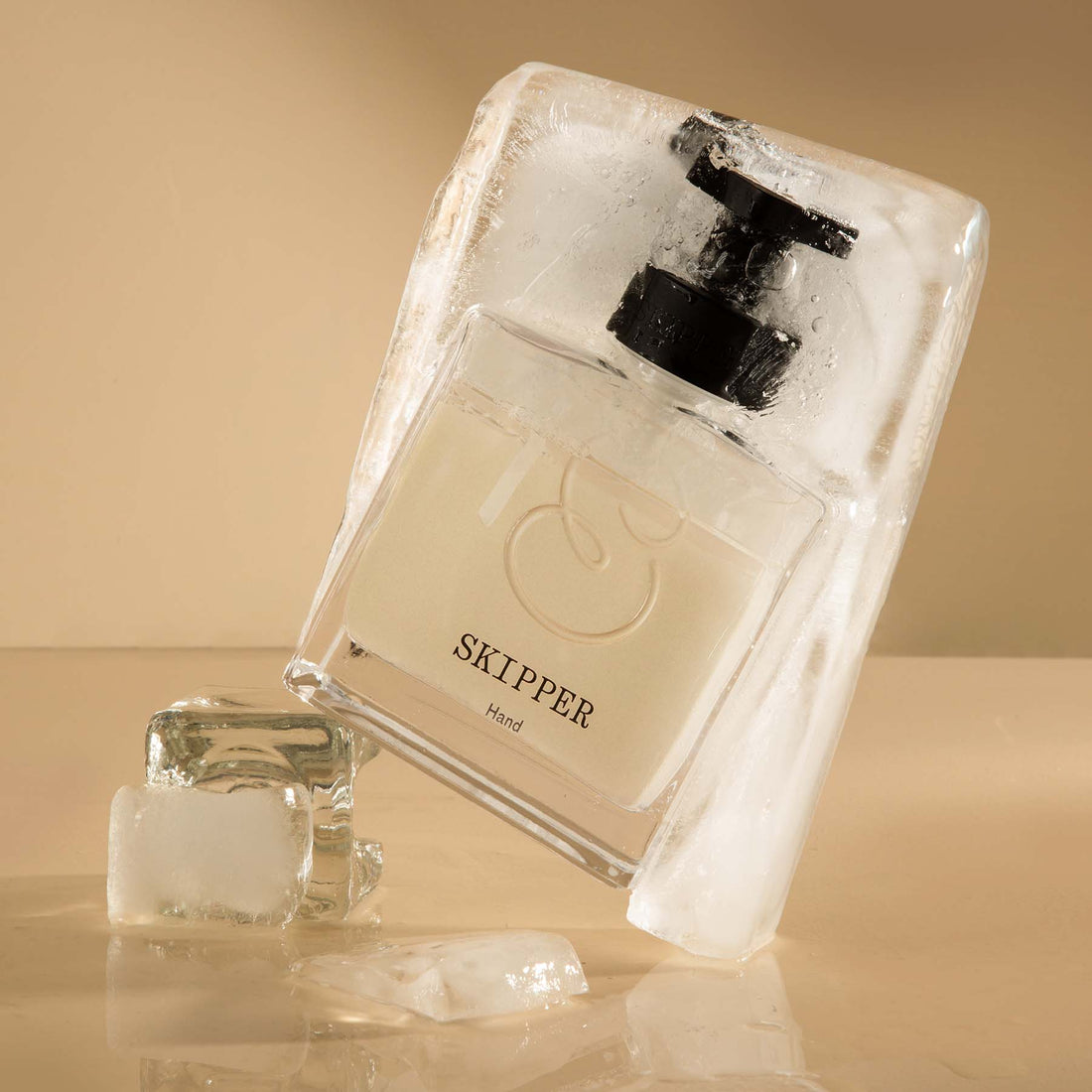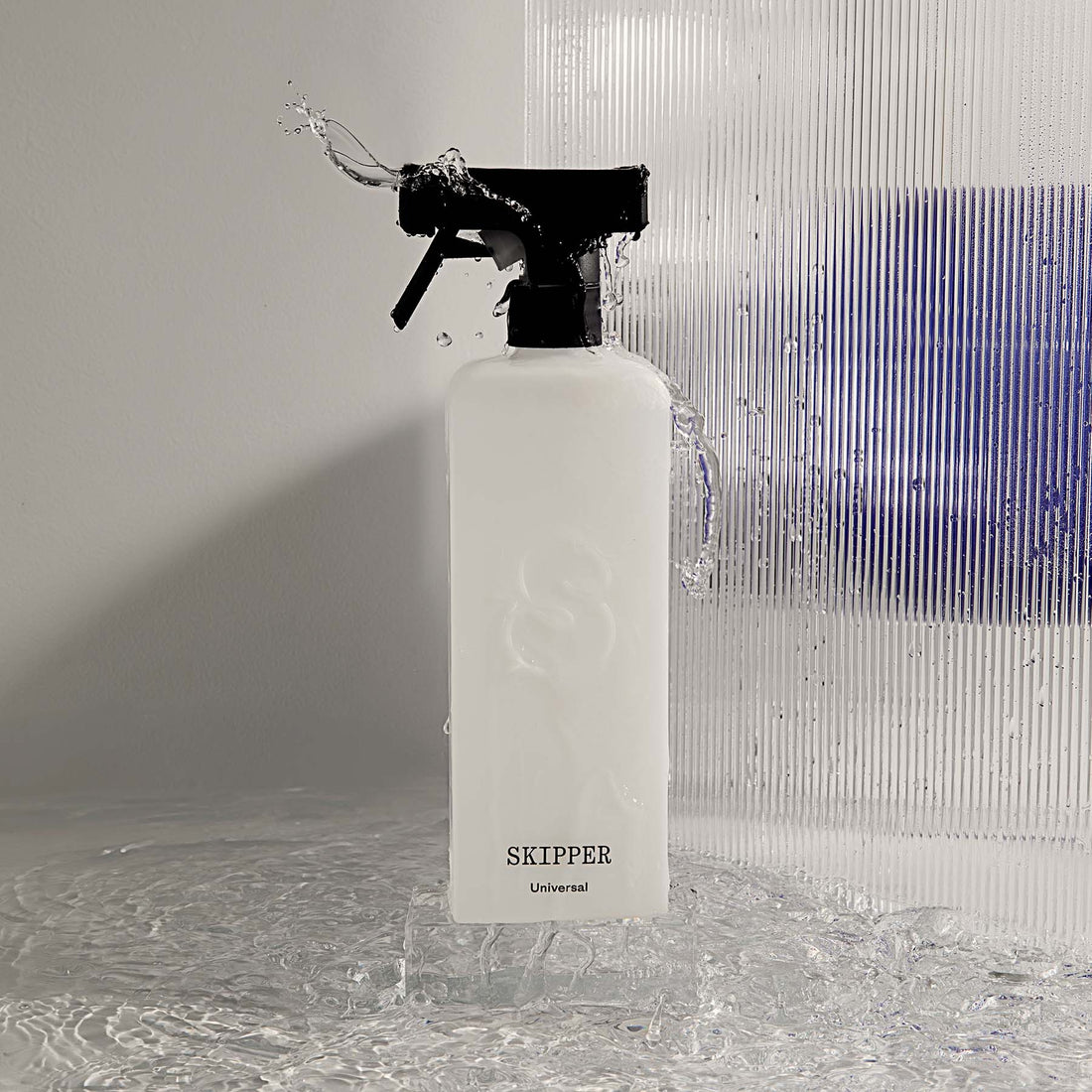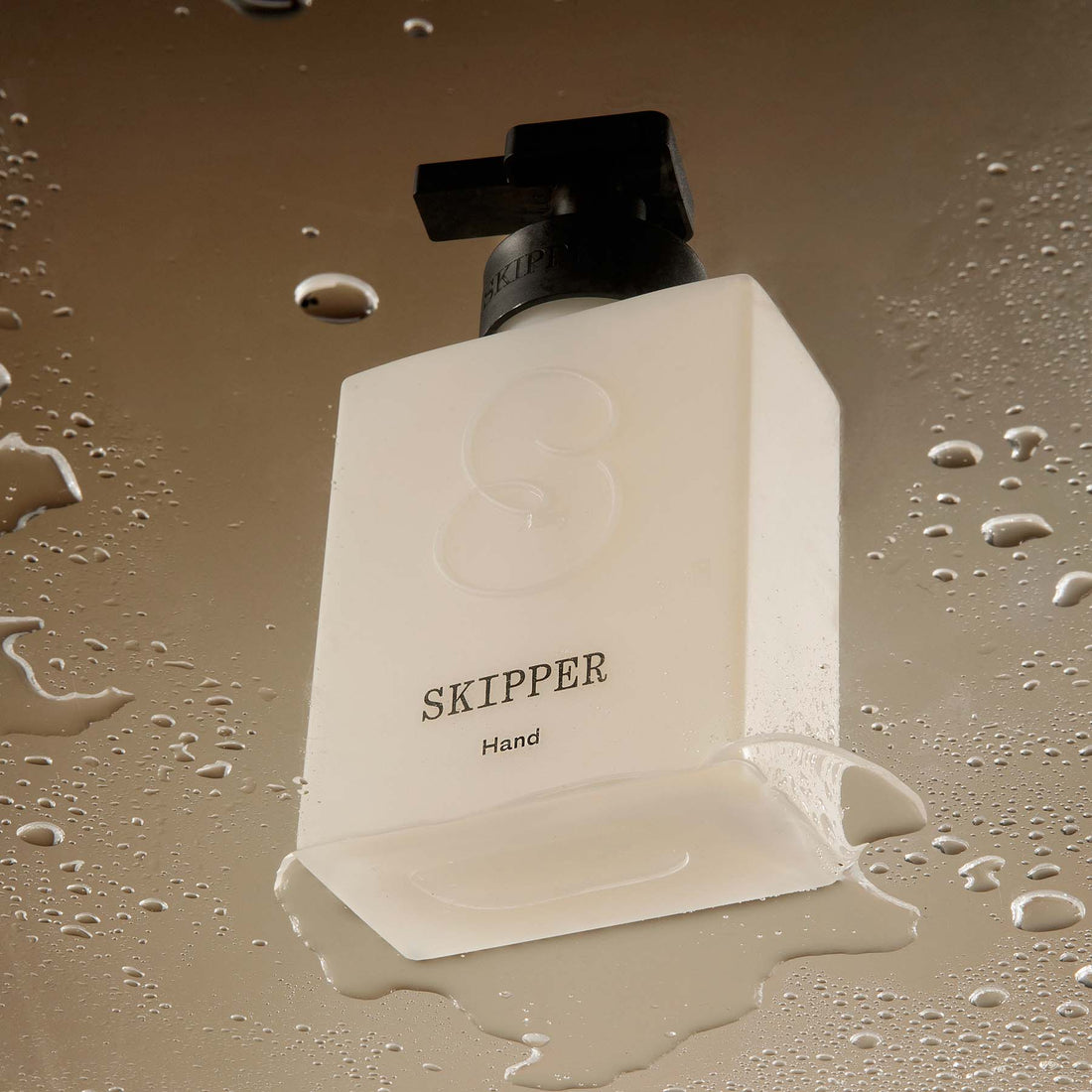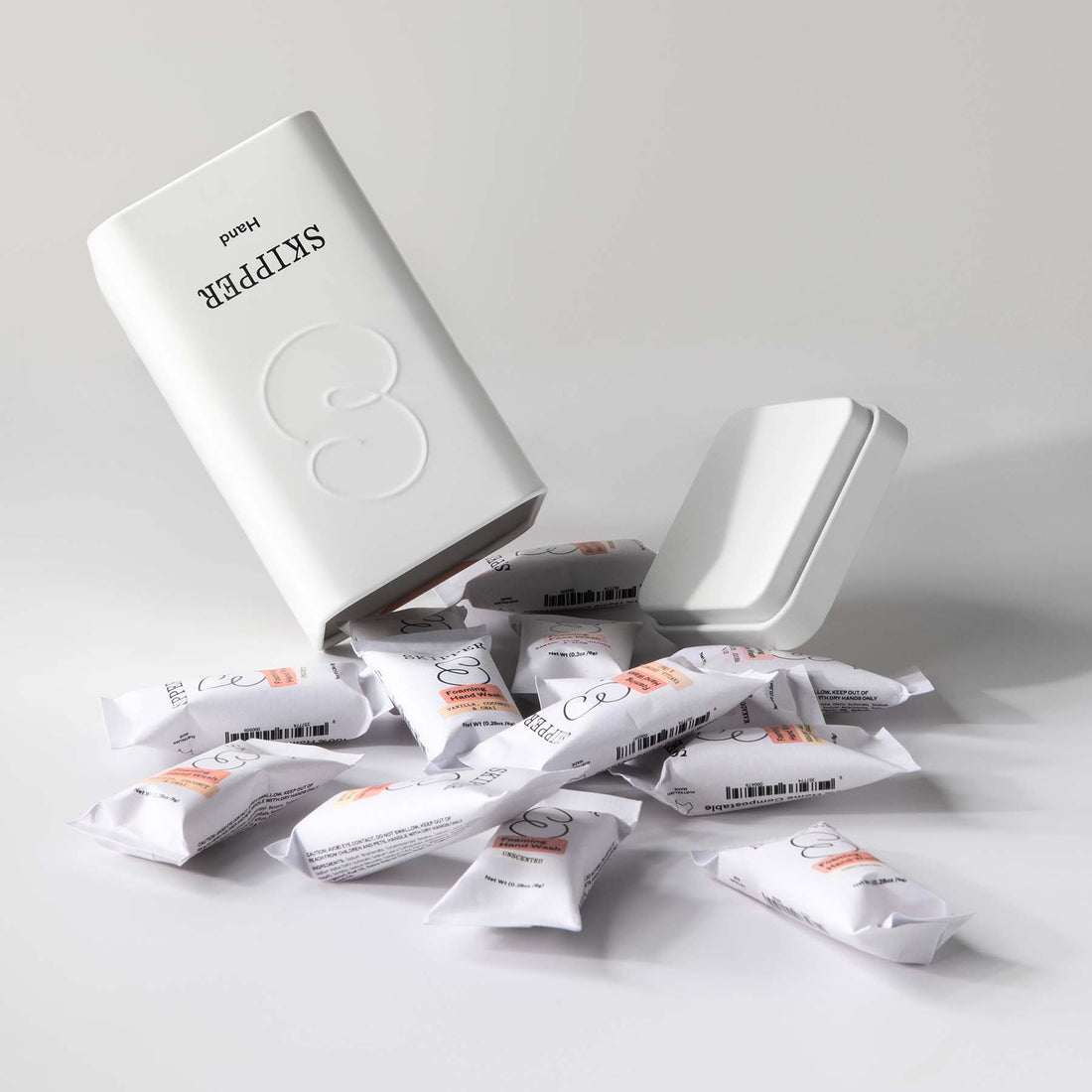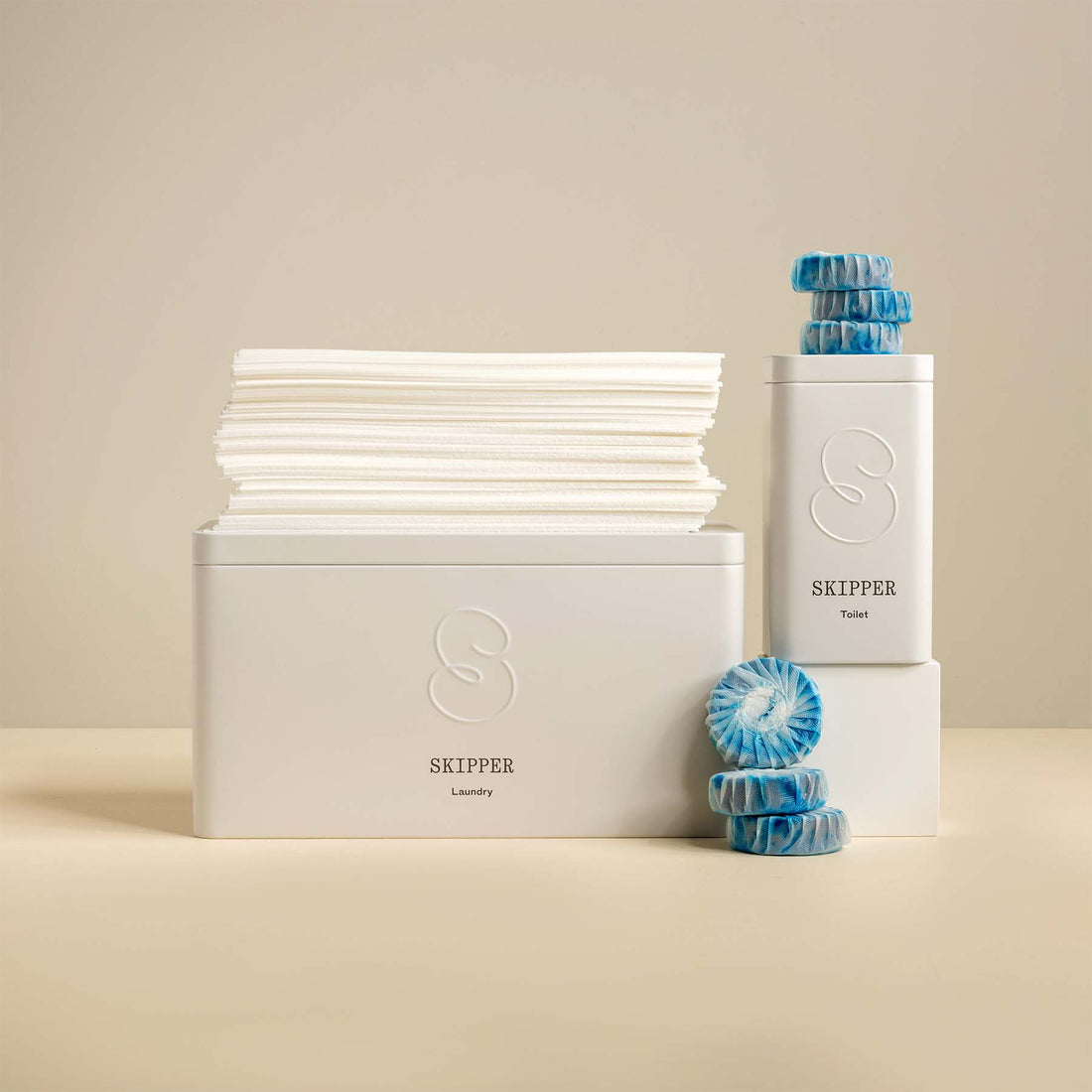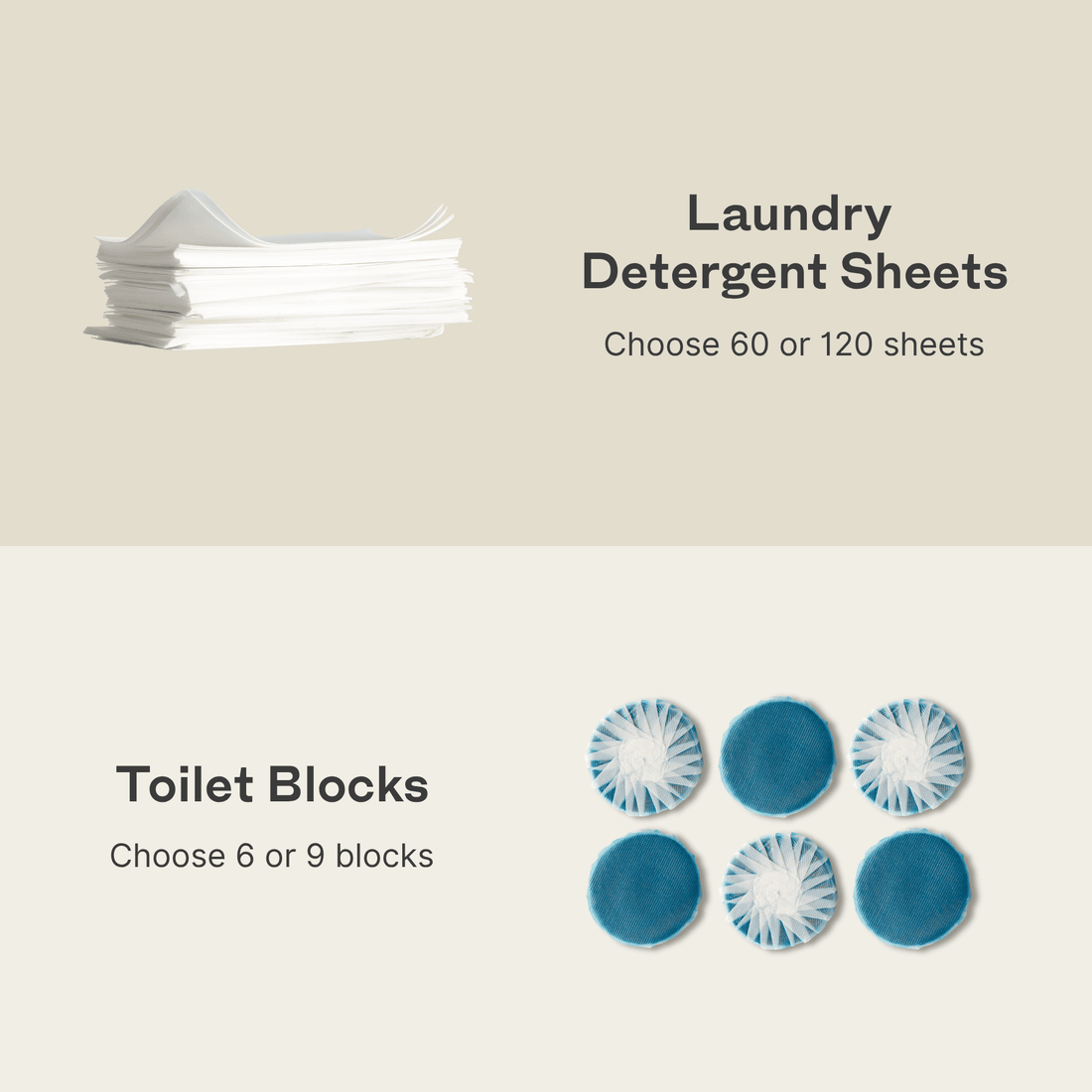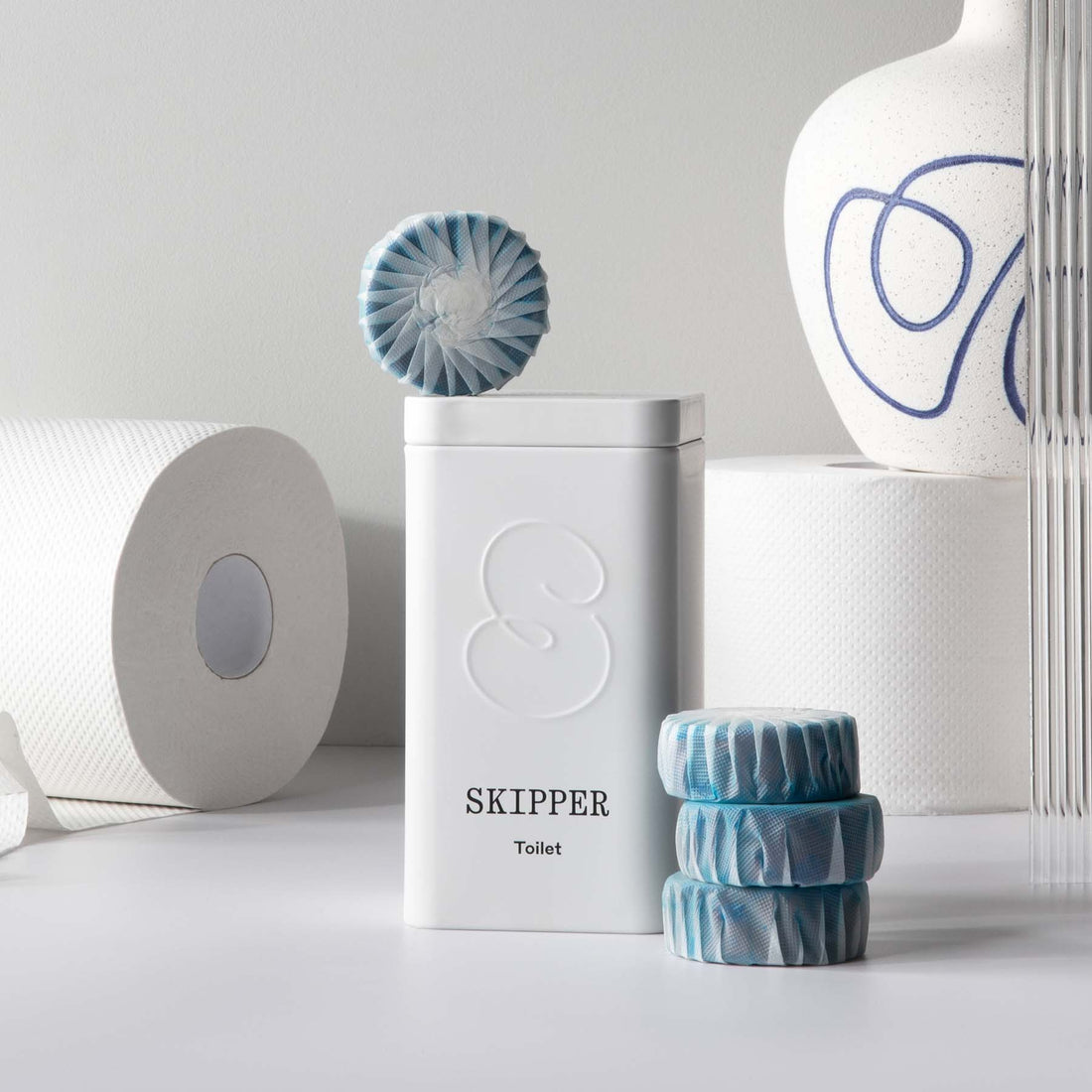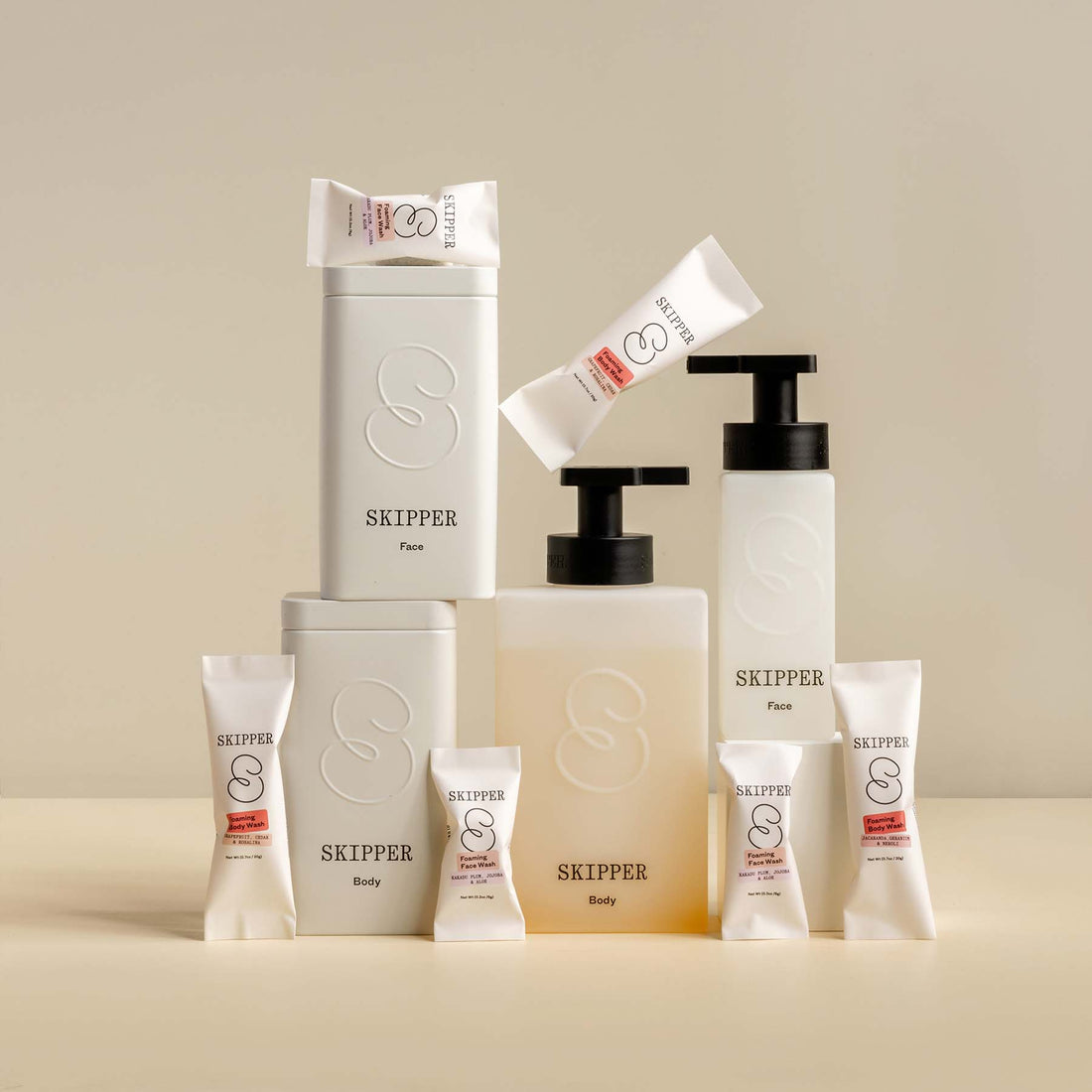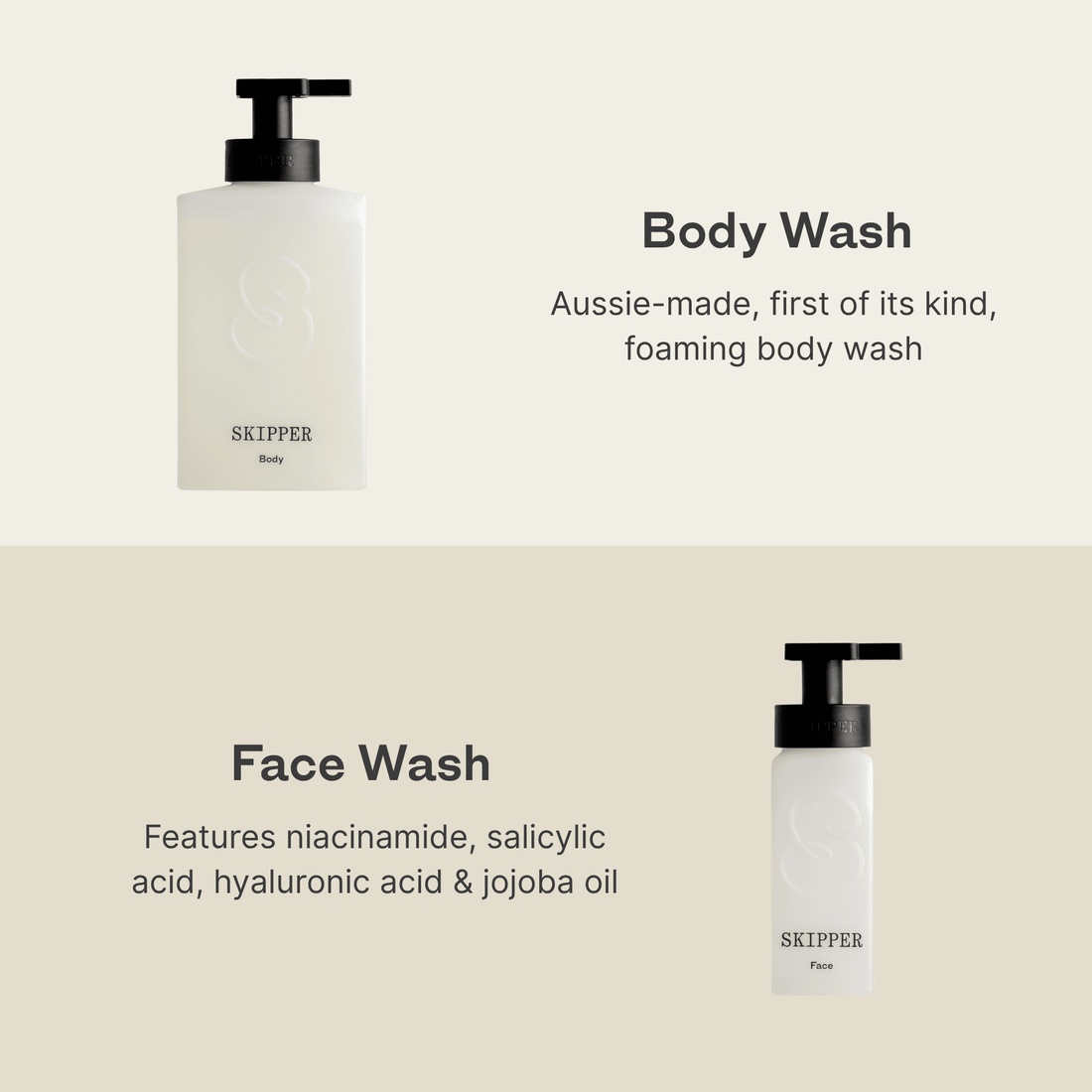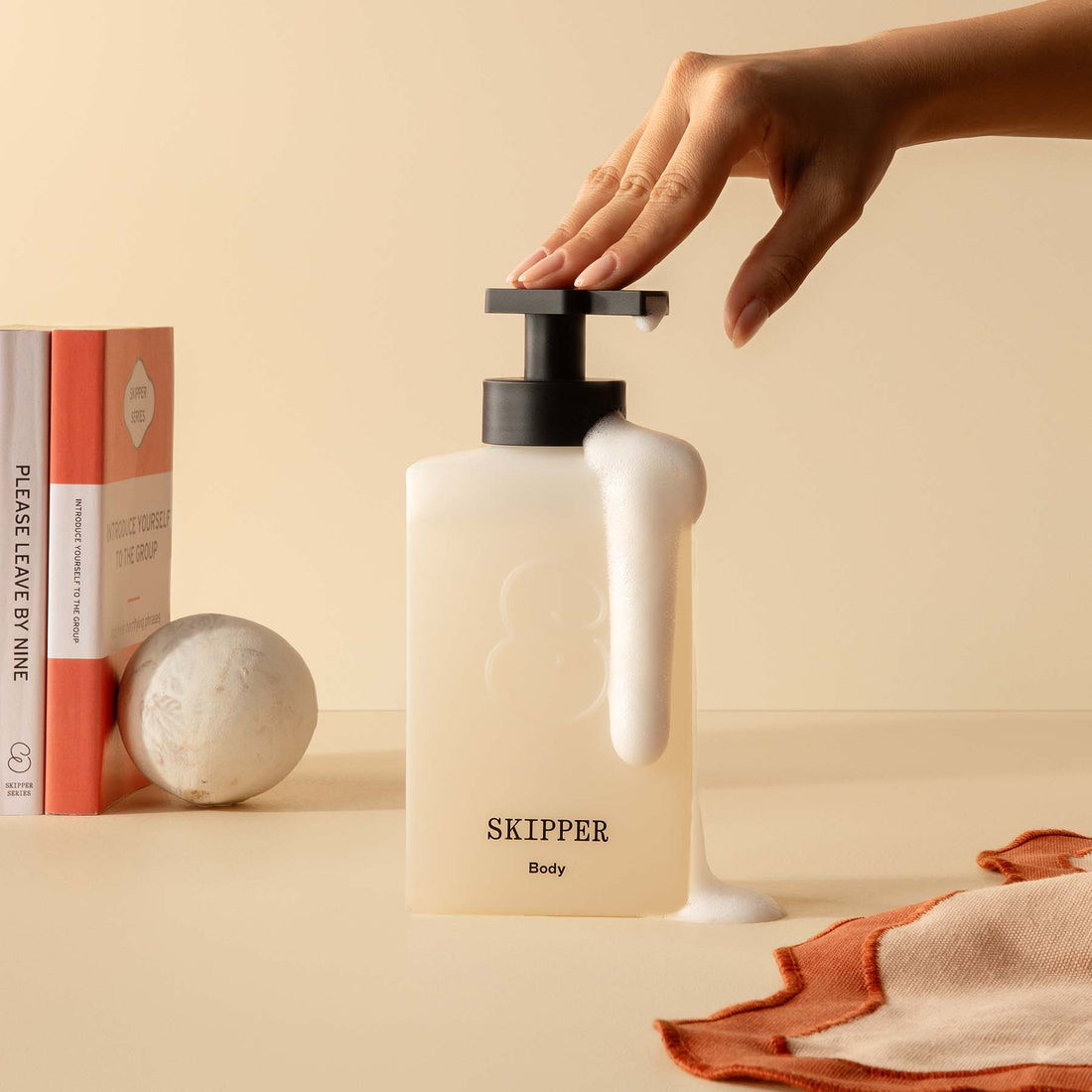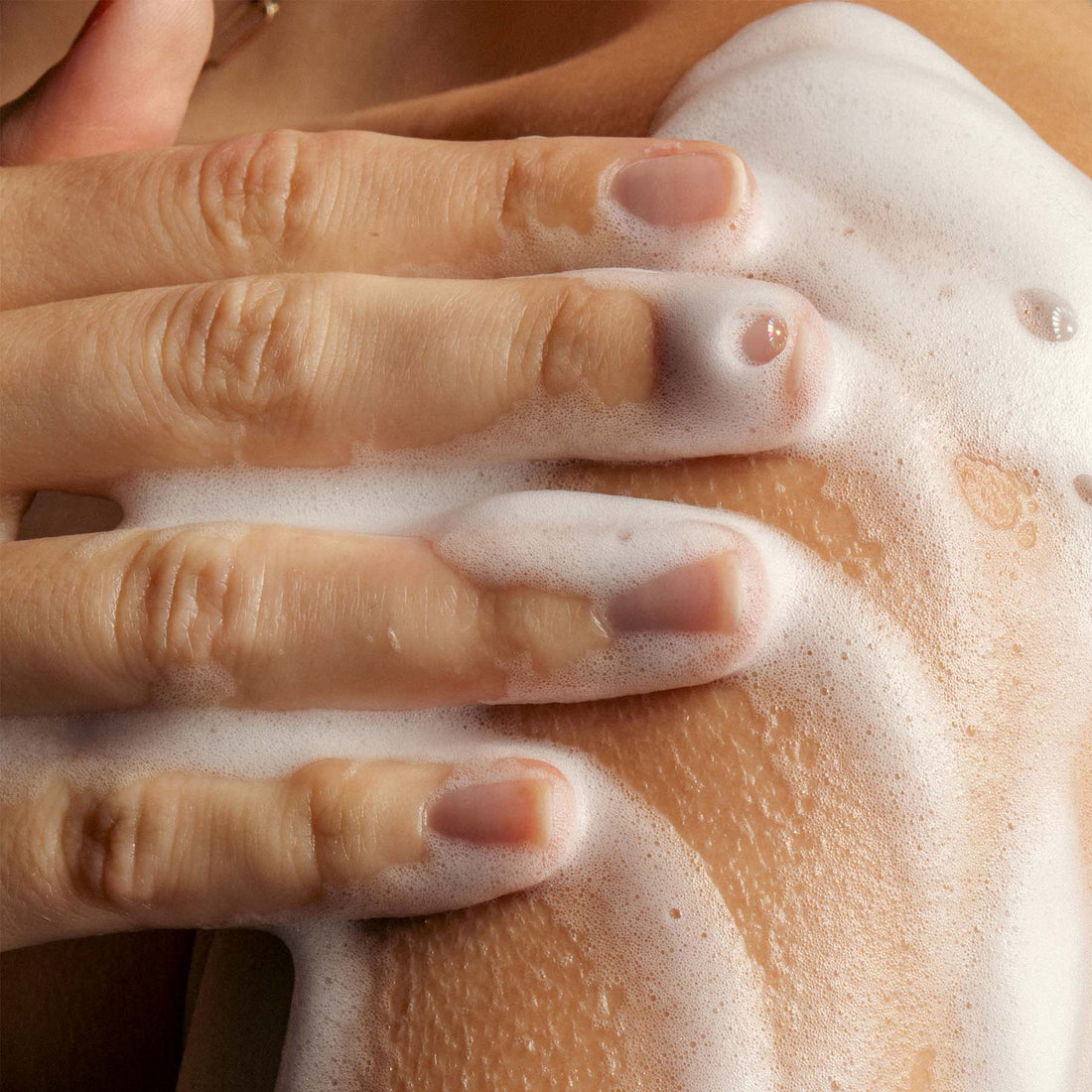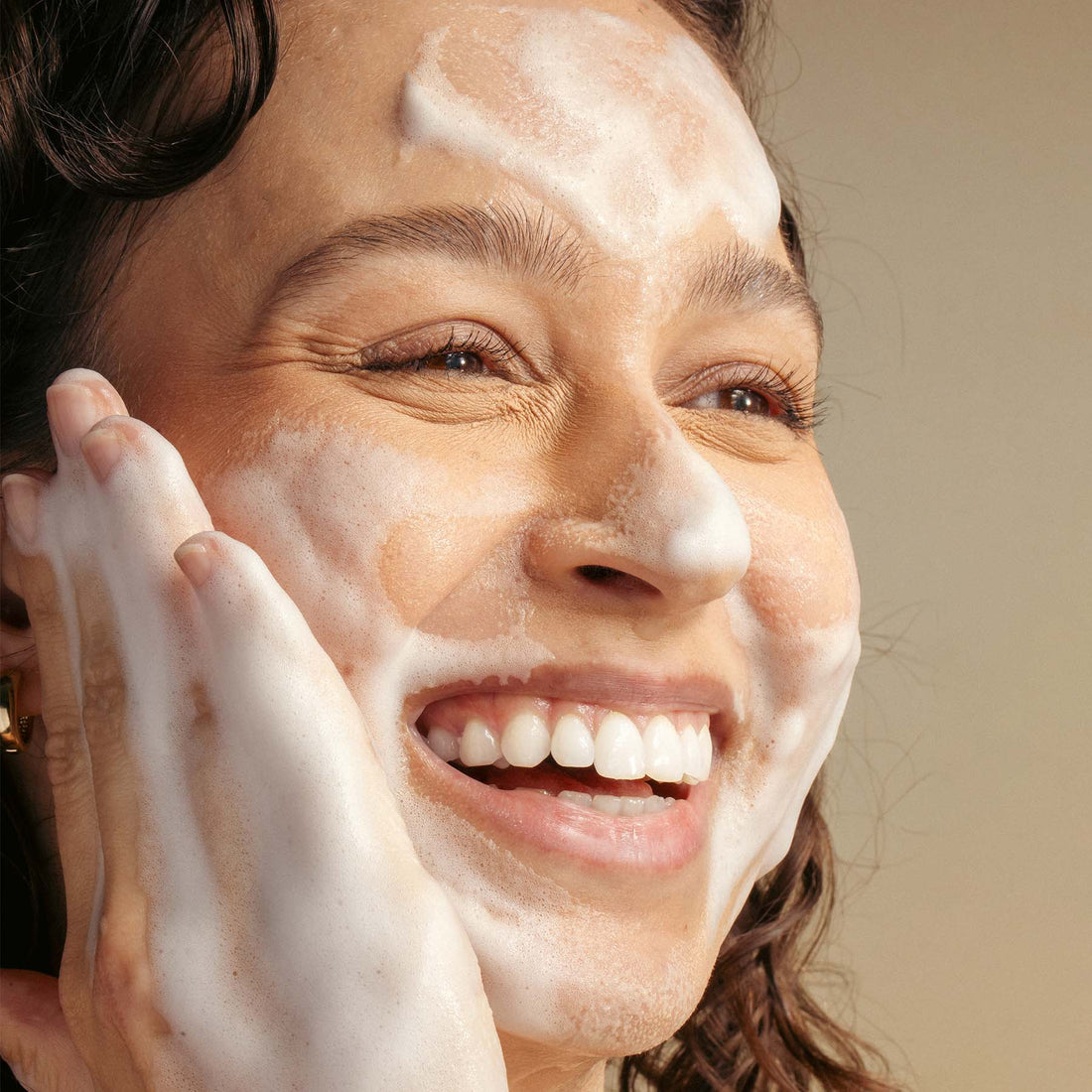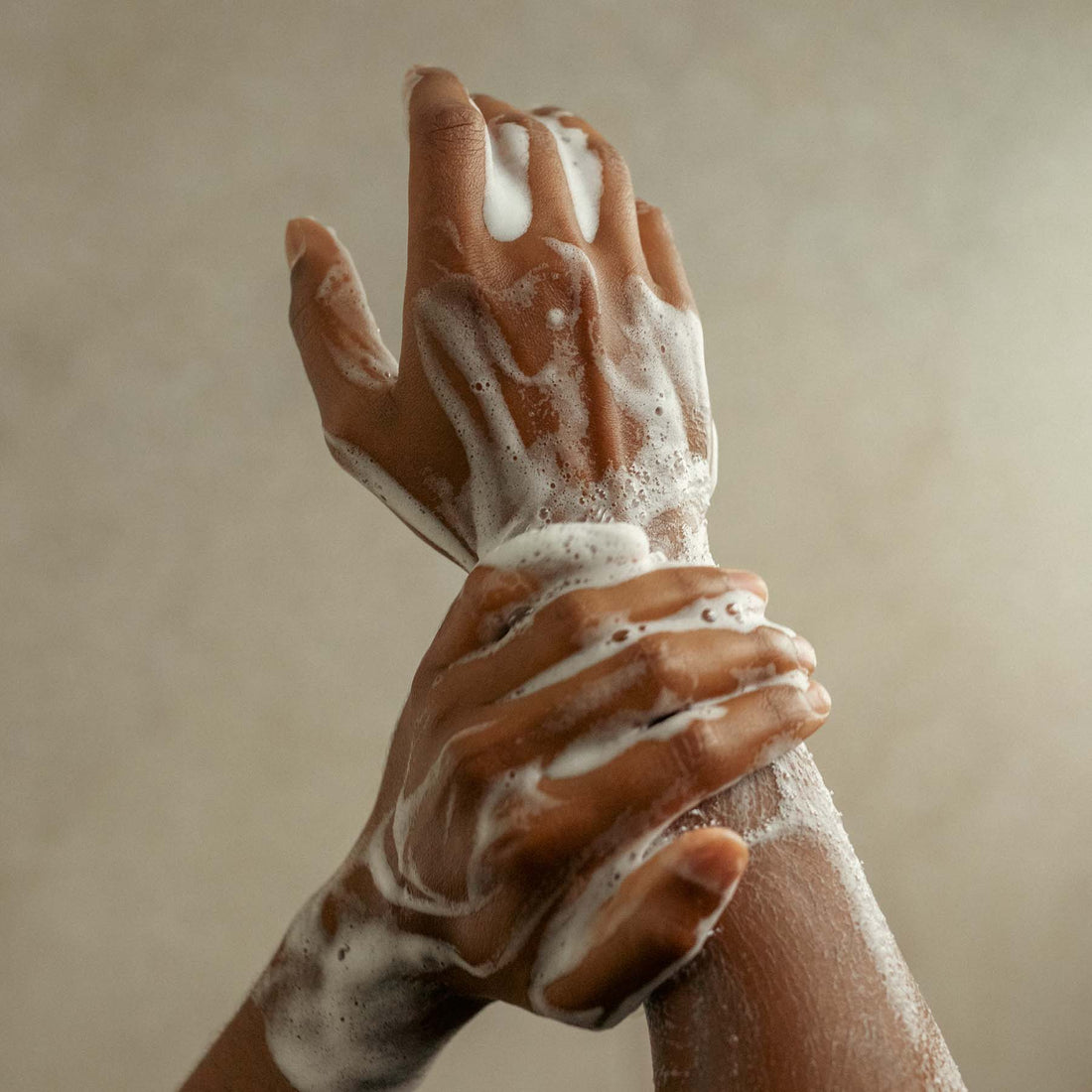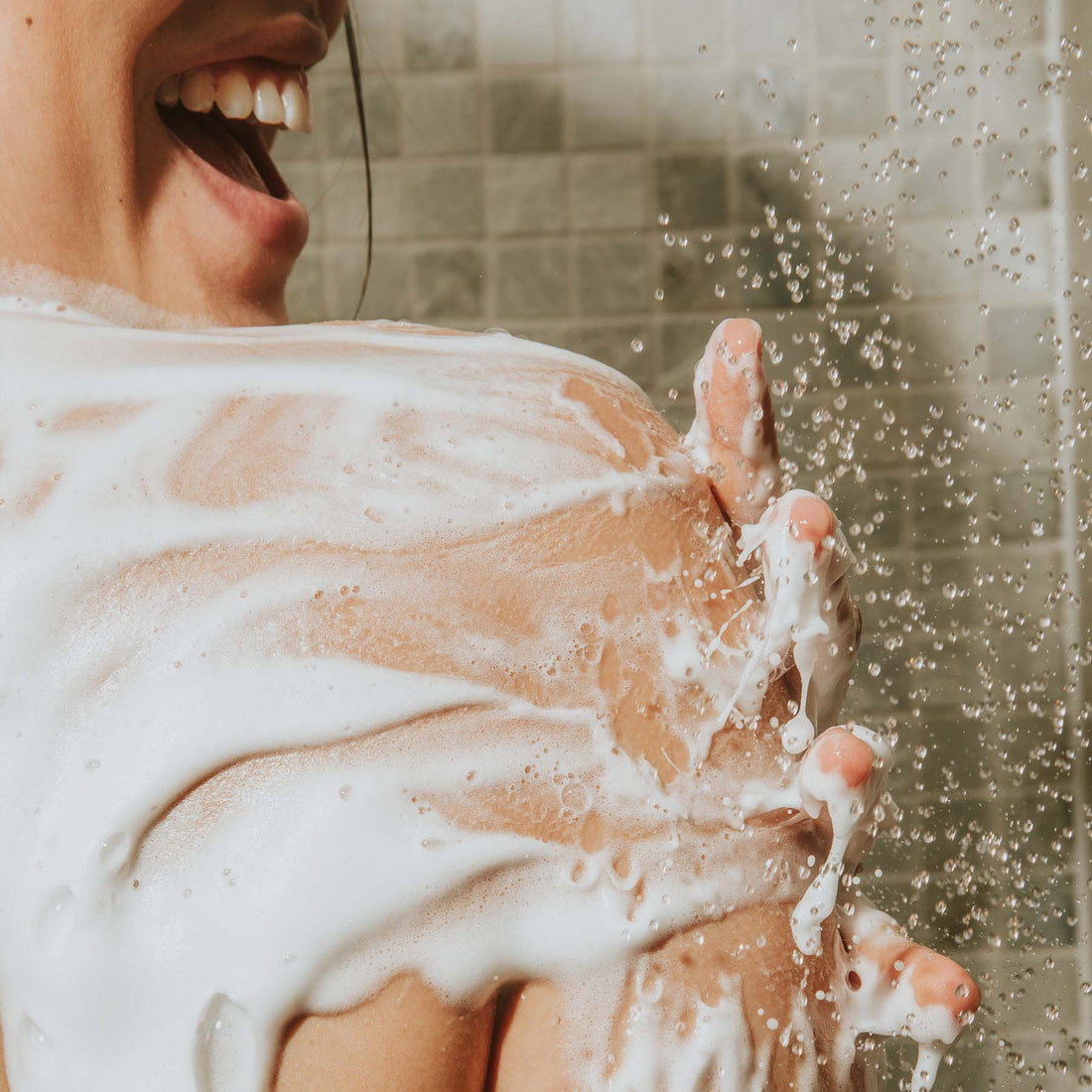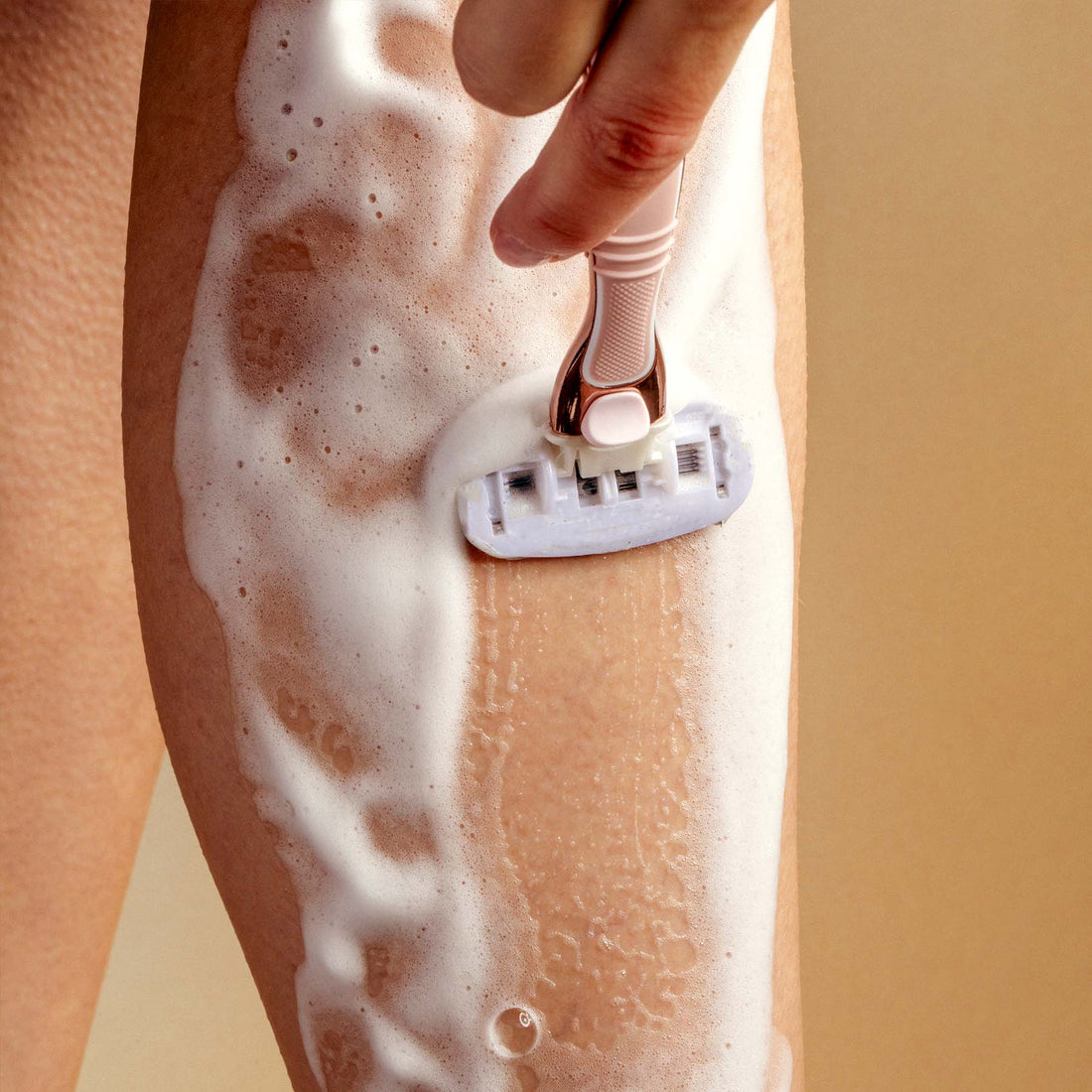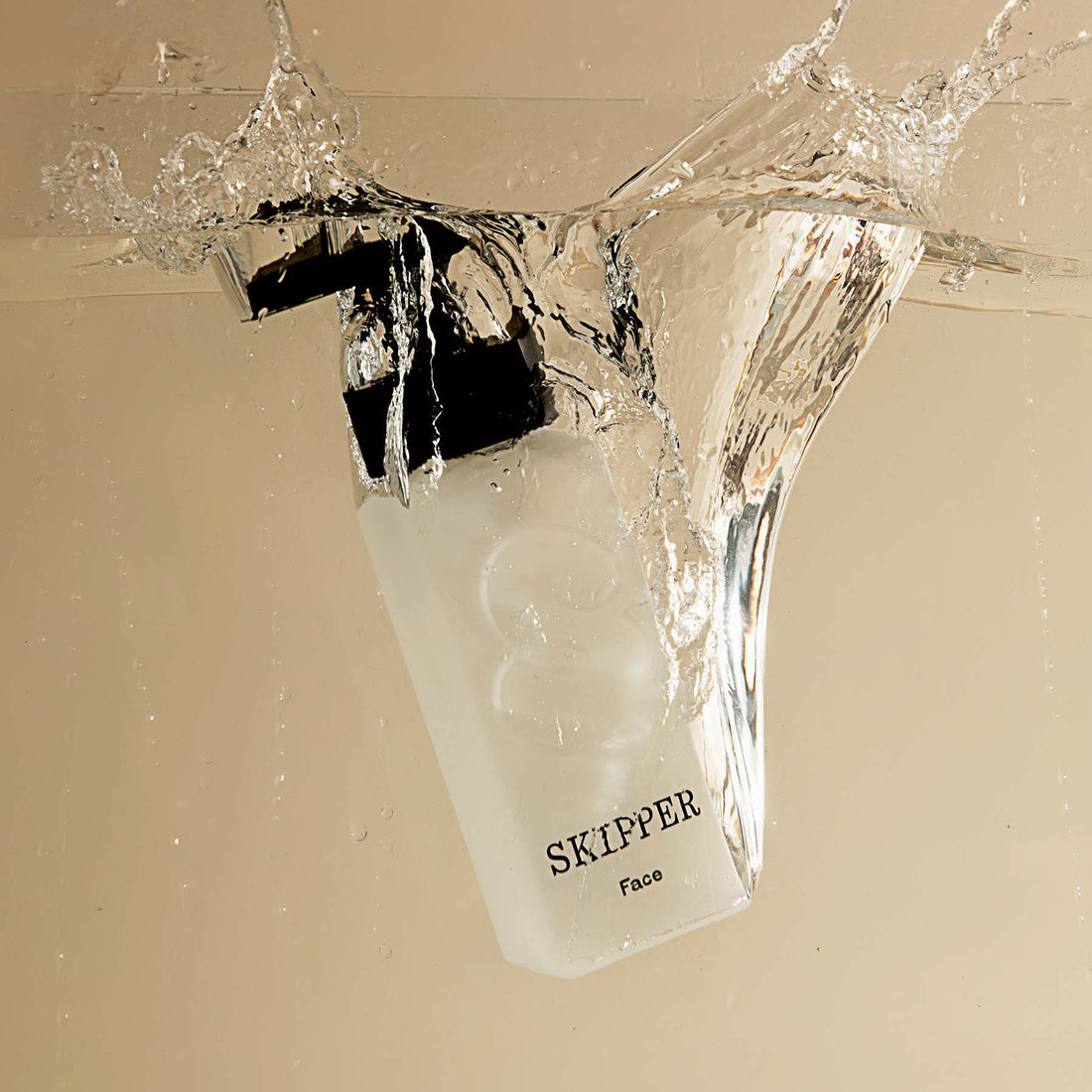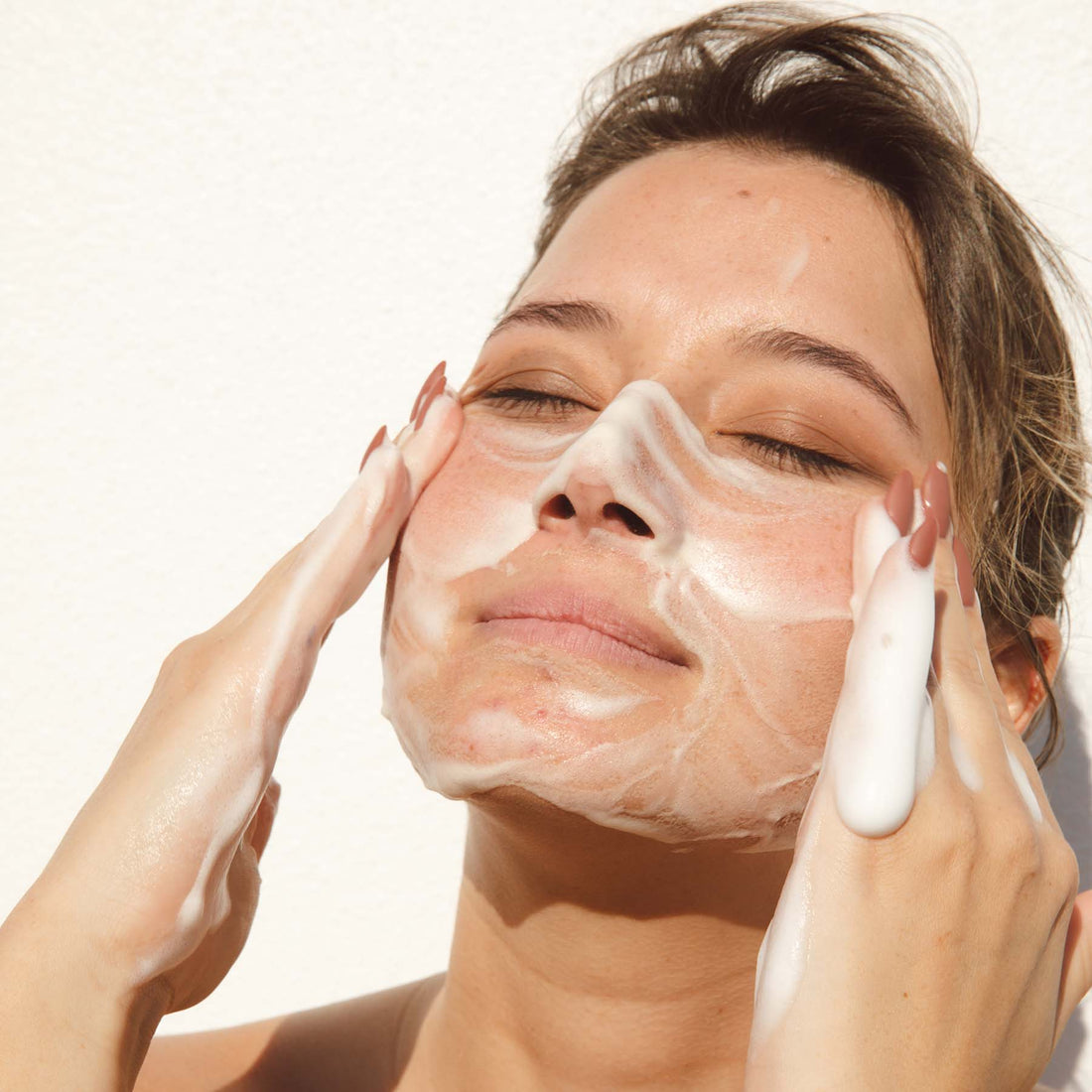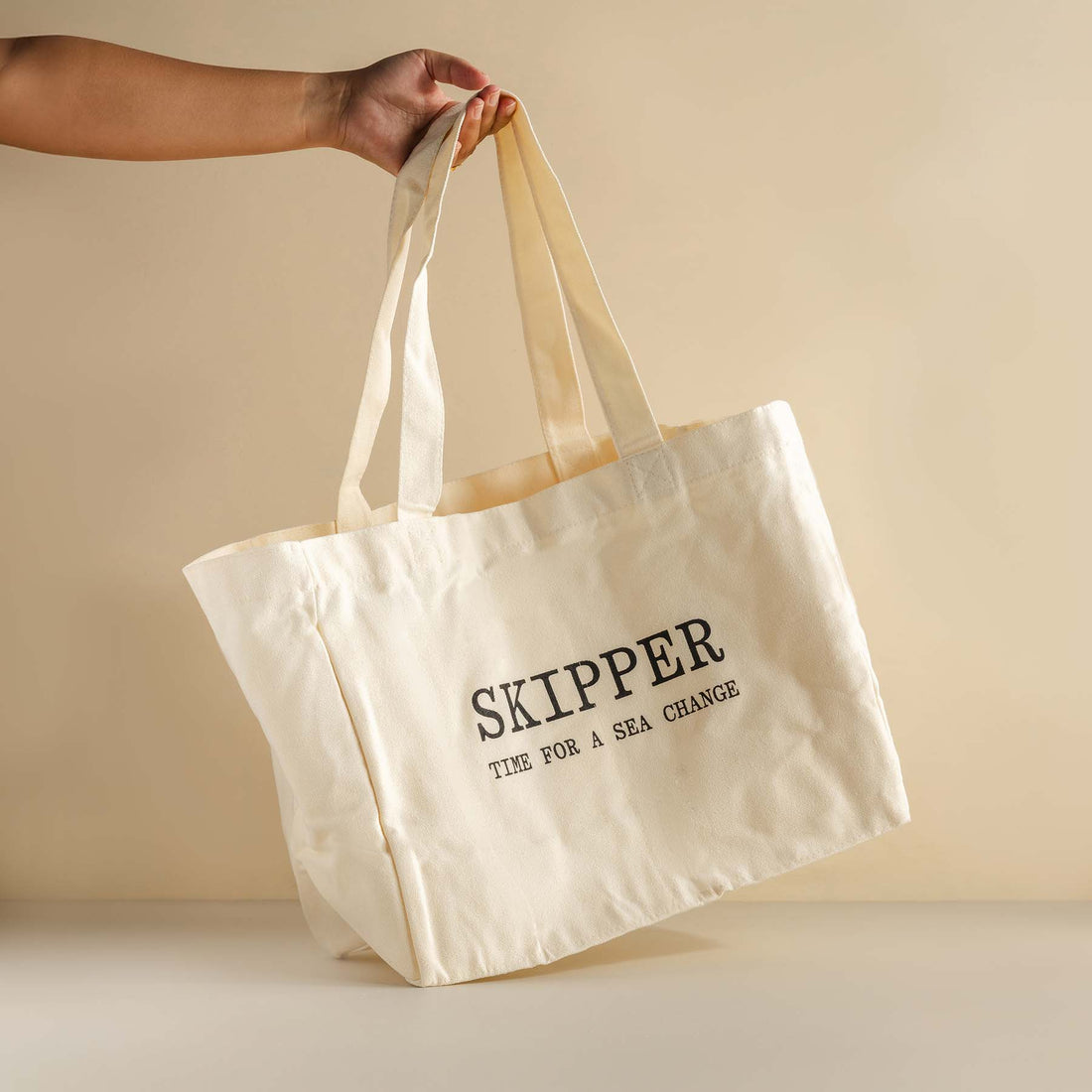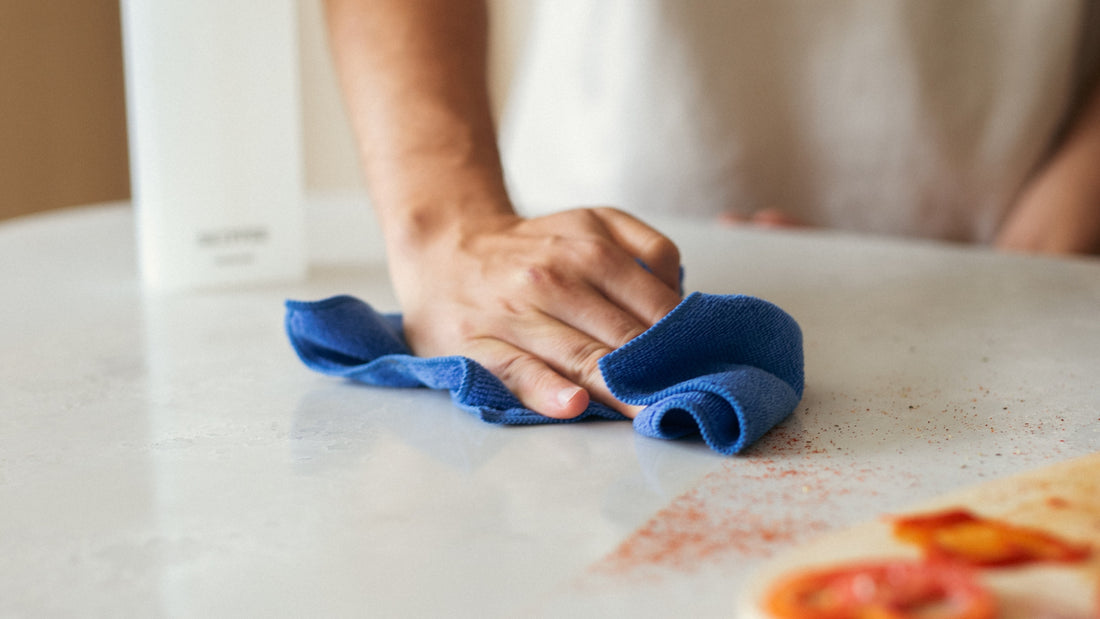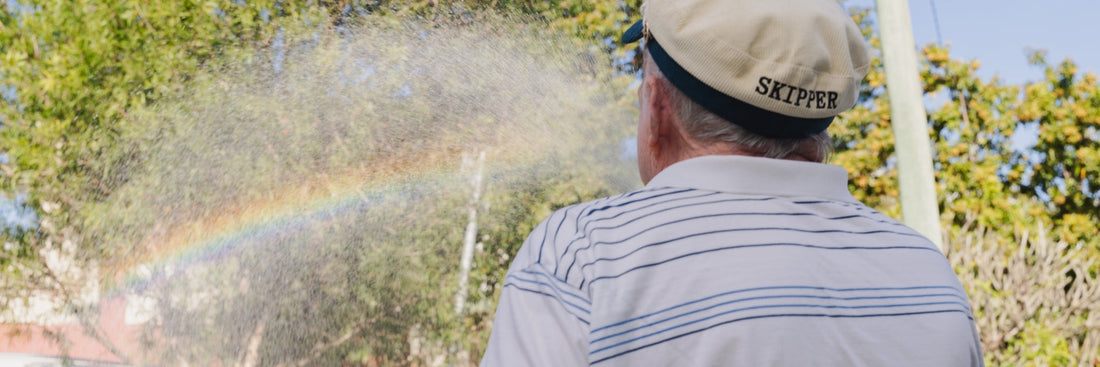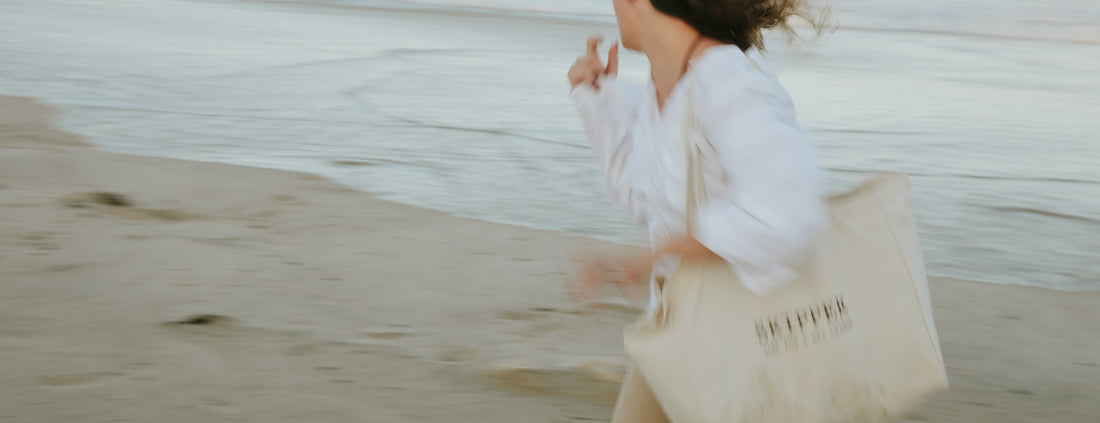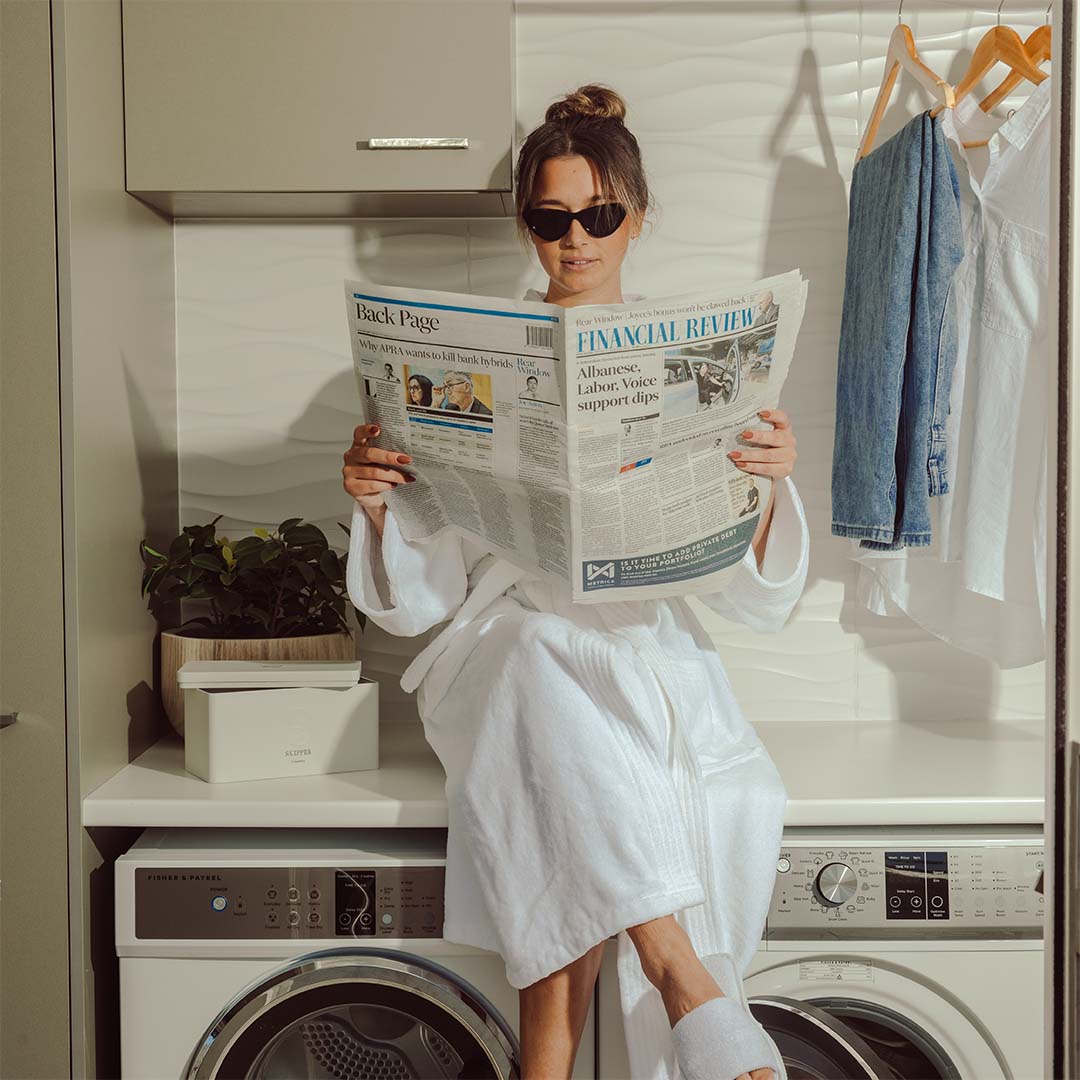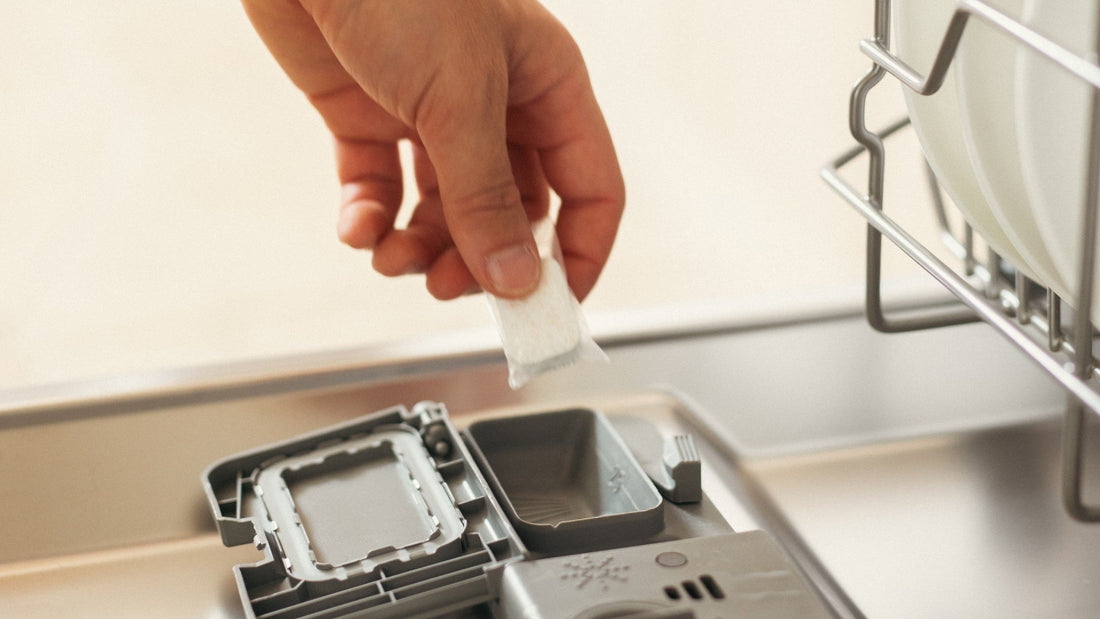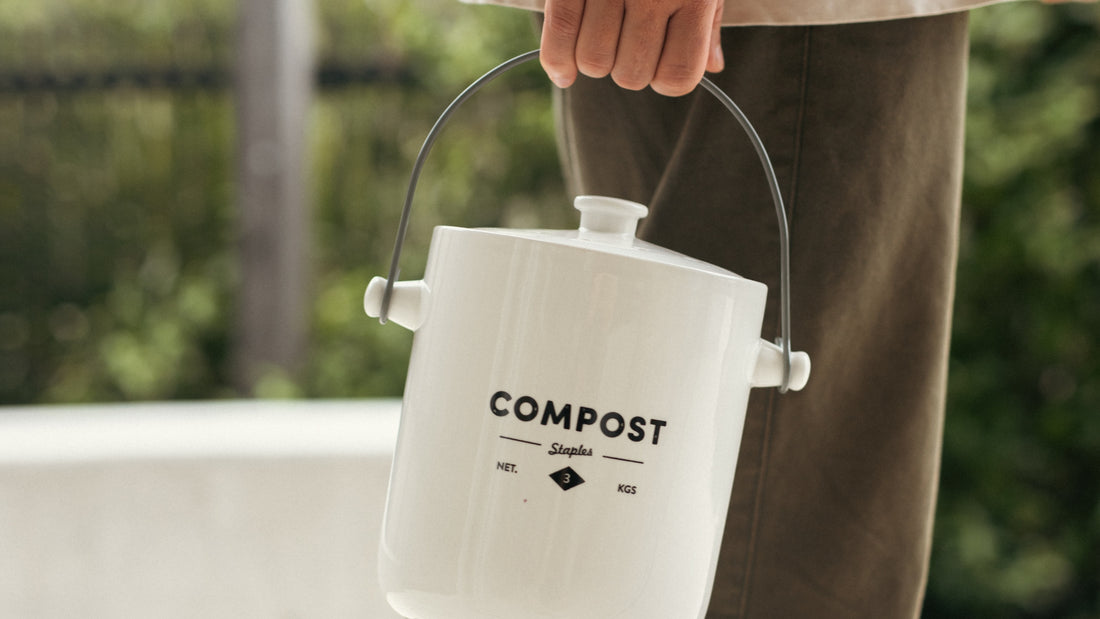Did you know that some Australians spend as much as 14 hours per week cleaning? Picking up lousy cleaning habits can make your home cleaning ineffective. It’s time to start adopting good cleaning habits to ensure your hours spent cleaning are effective, and environmentally friendly too.
If you're curious to learn more about home cleaning tips, we're here to help. Read on to learn more about bad cleaning habits to avoid and which green cleaning habits to adopt!
Common Bad Cleaning Habits
Keeping a clean and tidy home can be daunting, especially if you have a busy schedule. However, bad cleaning habits can make the job even more challenging and time-consuming. Here are some everyday bad cleaning habits that you should avoid.
Allowing Clutter Build-Up
One of the most significant threats to a clean home is letting clutter build up around the house. As clutter builds up, you'll find every task more overwhelming. Quick tidying becomes a mountain of dozens of dishes!
A great way to avoid this problem is to ensure the clutter stays away. Dedicate some time to learning anti-clutter habits. Consider the following habits:
- Organise laundry into dirty bins instead of tossing it on the ground.
- Do dishes as they appear rather than letting them stack up.
- Remove one item of clutter from the room every time you exit.
These are three quick ways to avoid clutter, but there are countless more! See what
fits your situation to help keep clutter down.
Overuse of Disposable Products
Another bad habit is using disposable products. For example, using paper towels to clean up spills can create more waste and less opportunity for recycling. This is because paper towels, once used, are typically thrown away and sent to a landfill, where they can take a long time to decompose.
Instead, consider using reusable products. Sturdy gloves and items like the Tirtyl Towel help keep your waste (and costs) down.
Using a Universal Cleaner rather than multiple cleaning products for different surfaces is a great way to reduce waste
Wasting Water
Wasting water is terrible for the environment in more ways than most people realise. Did you know that the average Australian household uses roughly 6,814.734 litres of water annually?
Household water use is one of the first things you should work on cutting down. Do your best to keep your sink from filling or refilling the basin. Running excess water over frozen items to thaw them is another bad habit you can replace. You can plan ahead instead and take the meat out in advance so that it thaws naturally.
But there are more places than just your kitchen to assess! For example, if you're working outside, don't leave your hose running when you aren't using it. You can also keep your yard healthier by ensuring you aren't overwatering with your sprinkler system.
Use eco-friendly cleaning products, such as cleaning tablets, instead of wasting lots of water for internal uses, such as cleaning your bathrooms. Cleaning tablets tend to be more concentrated and require less water to be effective.
When showering, try not to waste water by running the shower before you're ready to hop in. These small tips help keep the environment healthy and cut down your water bill.
Dirty Cleaning Tools
Have you tried to wash your dishes with the same rag day after day? Eventually, the rag becomes dirty, and you find yourself rubbing the same organic debris onto your dishes.
While using one rag to cut down on waste can feel better, you're making cleaning harder. Instead, you should use high-quality tools like the Tirtyl Towel and keep the rag clean.
Having several different cleaning rags is ideal, but rags aren't your only issue. Mopping with a filthy mop will only spread the mess, and wiping down a wall with a dirty cloth will ruin your drywall. Ensure you're using clean tools, so your cleaning isn't in vain.
Unsafe Cleaning Gear
Some chemicals in your home can cause severe damage or injury. Bleach, for example, can only be used with the proper cleaning gear. You need gloves at the minimum, but you should also use a mask to protect your skin.
Many chemicals have similar rules! Some house cleaning products are dangerous, so make sure you understand what you're using. A clean home is useless if you cost yourself your health while cleaning!
Poor Product Storage
Product storage is another crucial part of a clean home. Have you found your bathroom counter covered in cleaning products? Not only is this untidy, but mixing these chemicals with your beauty products is unsafe.
Make sure your cleaning products and tools are properly stored. Store your cleaning products in closets or cabinets out of the reach of children. Tirtyl Storage Tins are perfect for these!
Our storage tins are designed for storing refills of Tirtyl hand soap, body wash, universal cleaner, laundry sheets, and dishwater tablets. You can use them for storing other small cleaning items too. Visit this page for more details on Tirtyl Storage Tins.
Overuse of Chemicals
Finally, using too many chemicals can cause worse messes. If you use too many chemicals, many of them will eat into your cleaning materials. The fabric of brooms is susceptible to breaking from harsh chemicals like bleach, for example. Avoid waste by making sure you don't use too many chemicals!
Fixing Bad Cleaning Habits
Your bad cleaning habits are easiest to solve if you don't let the bad habits form! Use these home cleaning tips to keep your home clean without issue.
For more information on how to keep your home clean, be sure to browse our page to learn more. Here at Tirtyl, you get access to a wide range of eco-friendly cleaning products to help you establish green cleaning habits!












































